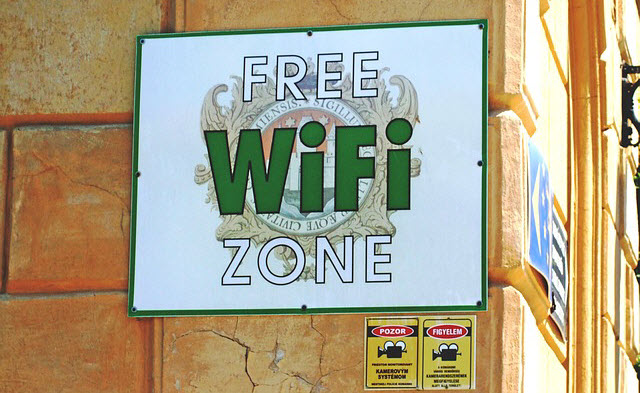Last Updated on 2023-04-26 , 11:11 am
When heading to a café, the priority is to locate free Wi-Fi rather than peruse the menu.
Similarly, when dining out, instead of using your data to post images on Instagram, it’s tempting to seek out a place with free Wi-Fi.
This is particularly true for those like myself who do not have an unlimited data plan. Of course, it’s essential to use caution when accessing public Wi-Fi, ensuring that websites have https instead of http to avoid potential eavesdropping by others on the network.
It’s worth noting that downloading apps from Google Play Store or Apple App Store is generally safe, as both stores conduct comprehensive security checks on their apps.
When seeking free Wi-Fi, businesses often offer a separate network for guests, which is usually considered safe.
However, recent research from the Ben-Gurion University of the Negev in Israel has shown that the “Guest” network may not be as secure as previously thought, as it typically runs through the same router and ISP as the staff network.
Video That Showed How Unsafe It Is
Here, take a look at this video:

On second thought, maybe not: it’s too chim to understand what’s going on. If you’re a tech expert, you’ll see that the data transfer between the two networks are different although they use the same router and ISP.
Basically, the “Guest” network can be exploited to steal data or to plant a malicious bug.
According to the researchers, “All of the routers we surveyed regardless of brand or price point were vulnerable to at least some cross-network communication once we used specially crafted network packets. A hardware-based solution seems to be the safest approach to guaranteeing isolation between secure and non-secure network devices.”
Technically speaking, that can be resolved when the firmware of the router is always updated, but some pervasive ones are impossible to prevent.
And the solution as suggested by the researchers? Get a separate router for the guest network.

But how about us, the consumers who just want free Wi-Fi? We can’t look around a café just to confirm that they have two routers, right?
Fret not. Goody Feed is here to help (or so I think).
Of course, the first solution is to avoid using free Wi-Fi. I can’t live with that, so let’s look at the second option: download reputable anti-virus apps.
Chances are you’ve downloaded a firewall and anti-virus software for your laptop, but didn’t do that for your phone. While there is no guarantee that you’ll be protected 100%, that additional app would do wonders in terms of security.
And also, keep the app updated. An anti-virus app that’s not updated is akin to trying to buy Nasi Lemak Burger from McDonald’s: it’s outdated and definitely futile.




